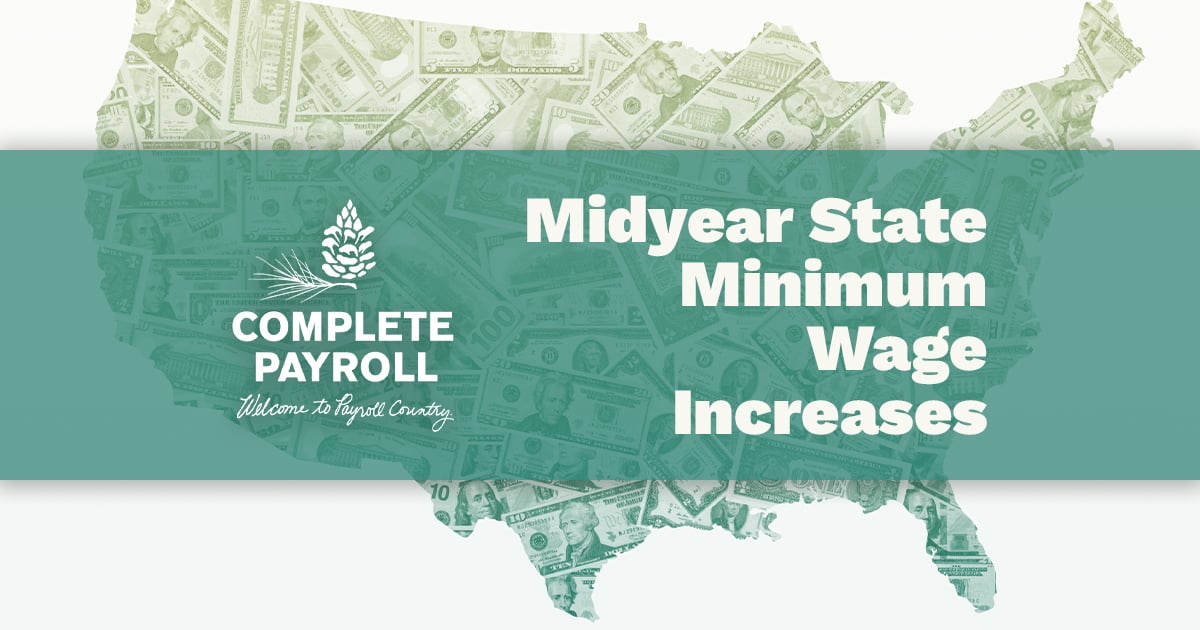NYS Breaks and Rest Periods
Overview of Law
New York requires that employers provide employees meal periods as follows:
- Employees are entitled to a 30-minute break between 11 a.m. and 2 p.m. for shifts that cover that time span and are more than 6 consecutive hours.
- Employees are entitled to a 45-minute break for shifts more than 6 consecutive hours that begin between 1 p.m. and 6 a.m. The break must be in the middle of the employee’s shift.
- Employees are entitled to an additional 20-minute break between 5 p.m. and 7 p.m. for all shifts that begin before 11 a.m. and continue after 7 p.m.
- Factory workers are entitled to a 60-minute break between 11 a.m. and 2 p.m.
- Factory workers are entitled to an additional 60-minute break in the middle of their shift for all shifts that are more than 6 consecutive hours and begin between 1 p.m. and 6 a.m.
Note: Federal law requires that lactating women be provided with reasonable breaks to express milk for up to one year after the birth of a child. For additional information, see Recommended content. New York has special requirements for this.
Lactation Accommodations
New York law requires that accommodations be made for nursing mothers. Reasonable unpaid break time (or paid break time, mealtime, or both) must be provided to employees to express breast milk for their nursing children. Employers must provide a place (other than a bathroom) that is reasonably close to the employee’s workplace and is shielded and private. This must be provided each day for up to three years after the child’s birth. No employer shall discriminate in any way against an employee who chooses to express breast milk in the workplace.
Employers must provide written notice of the New York lactation accommodation rules to employees who are returning to work following the birth of a child, and their right to take unpaid leave to express breast milk. Notice may be provided individually to employees, or to all employees generally by including the notice in an employee handbook. Posting of the notice in a central location is also permitted.
Employees wishing to make use of this benefit must give the employer reasonable notice. Notice should be given to the employer prior to the employee’s return to work following the birth of a child to allow the employer an opportunity to establish a location and schedule leave time among multiple employees if needed.
Under the Fair Labor Standards Act, employers also are required to provide reasonable break time for employees to express breast milk for their nursing child, as frequently as needed, for up to one year after the child’s birth. Employers are also required to provide a place (other than a bathroom) that is shielded from view and free from intrusion from coworkers and the public.
Got a labor law question?
Our team helps employers with labor law compliance every day. Complete the form below to ask a question or request some help.
General Disclaimer
The materials and information available at this website and included in this blog are for informational purposes only, are not intended for the purpose of providing legal advice, and may not be relied upon as legal advice. The employees of Complete Payroll are not


















